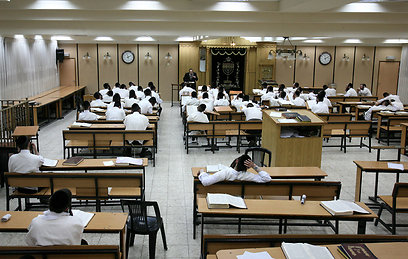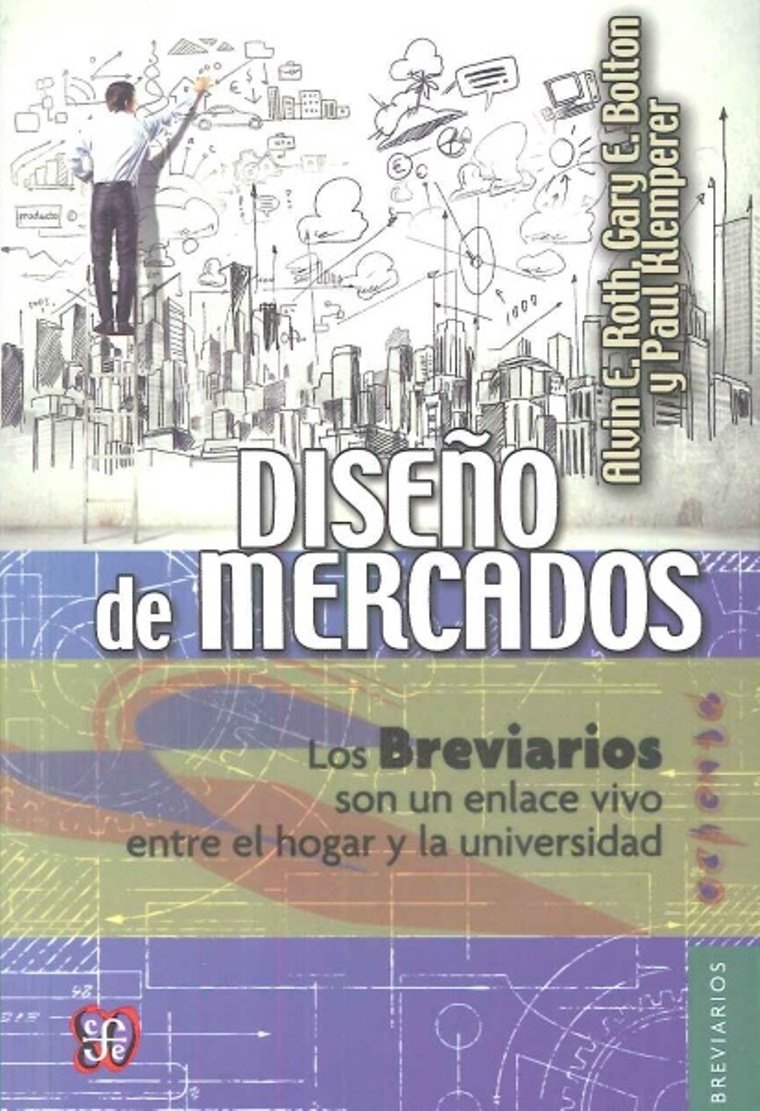Ulrich Kamecke
Humboldt University of Berlin - Faculty of Economics
September 29, 2014
CESifo Working Paper Series No. 4969
Abstract:
We model centralized school matching as a second stage of a simple Tiebout-model and show that the two most discussed mechanisms, the deferred acceptance and the Boston algorithm, both produce inefficient outcomes and that the Boston mechanism is more efficient than deferred acceptance. This advantage vanishes if the participants get to know their priorities before they submit their preferences. Moreover, the mechanism creates artificial social segregation at the cost of the disadvantaged if the school priorities are based on ex ante known (social) differences of the applicants.
The History and Rationale of the American Urological Association Residency Matching Program
A new perspective on Kesten's school choice with consent idea ☆
Abstract We revisit the school choice problem with consent proposed by Kesten [12], which seeks to improve the efficiency of the student-optimal deferred acceptance algorithm (DA) by obtaining students' consent to give up their priorities. We observe that for students to consent, we should use their consent only when their assignments are Pareto unimprovable. Inspired by this perspective, we propose a new algorithm which iteratively reruns DA after removing students who have been matched with underdemanded schools, together with their assignments. While this algorithm is outcome equivalent to Kesten's EADAM, it is more accessible to practitioners due to its computational simplicity and transparency on consenting incentives. We also adapt this algorithm for school choice problems with weak priorities to simplify the stable improvement cycles algorithm proposed by Erdil and Ergin [8].
Kristiaan M. Glorie
Econometric Institute, Erasmus University Rotterdam, 3000 DR Rotterdam, The Netherlands
glorie@ese.eur.nl,
Econometric Institute, Erasmus University Rotterdam, 3000 DR Rotterdam, The Netherlands
glorie@ese.eur.nl,
J. Joris van de Klundert
Institute of Health Policy and Management, Erasmus University Rotterdam, 3000 DR Rotterdam, The Netherlands
vandeklundert@bmg.eur.nl,
Institute of Health Policy and Management, Erasmus University Rotterdam, 3000 DR Rotterdam, The Netherlands
vandeklundert@bmg.eur.nl,
Albert P. M. Wagelmans
Econometric Institute, Erasmus University Rotterdam, 3000 DR Rotterdam, The Netherlands
wagelmans@ese.eur.nl
Econometric Institute, Erasmus University Rotterdam, 3000 DR Rotterdam, The Netherlands
wagelmans@ese.eur.nl







